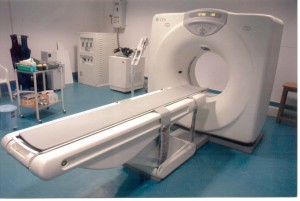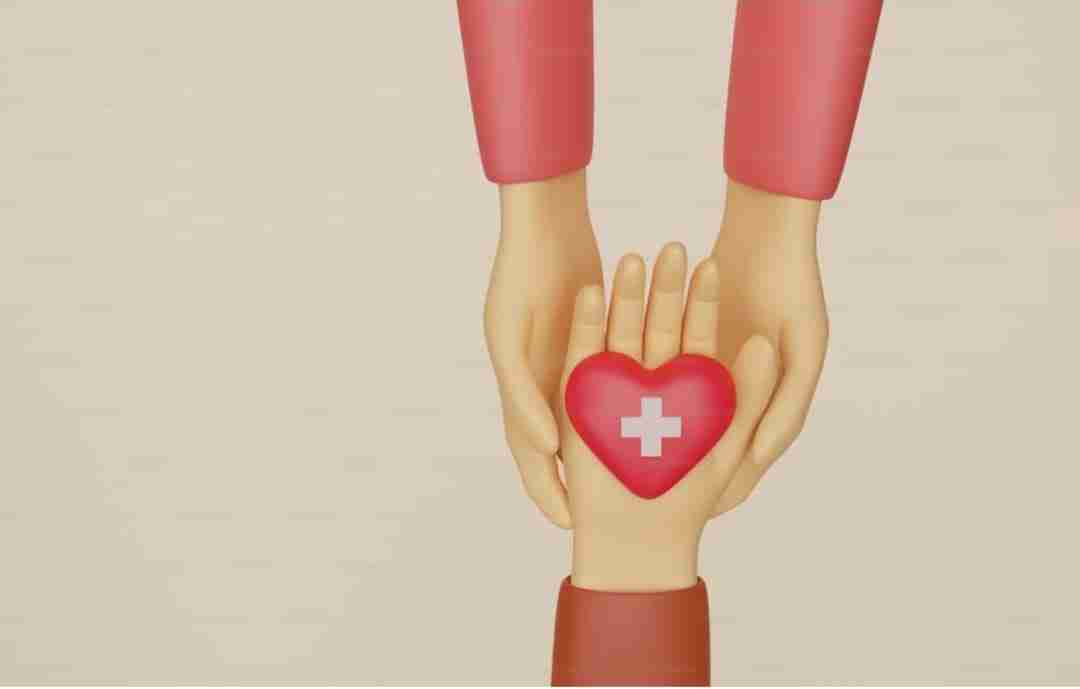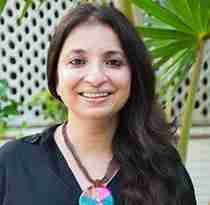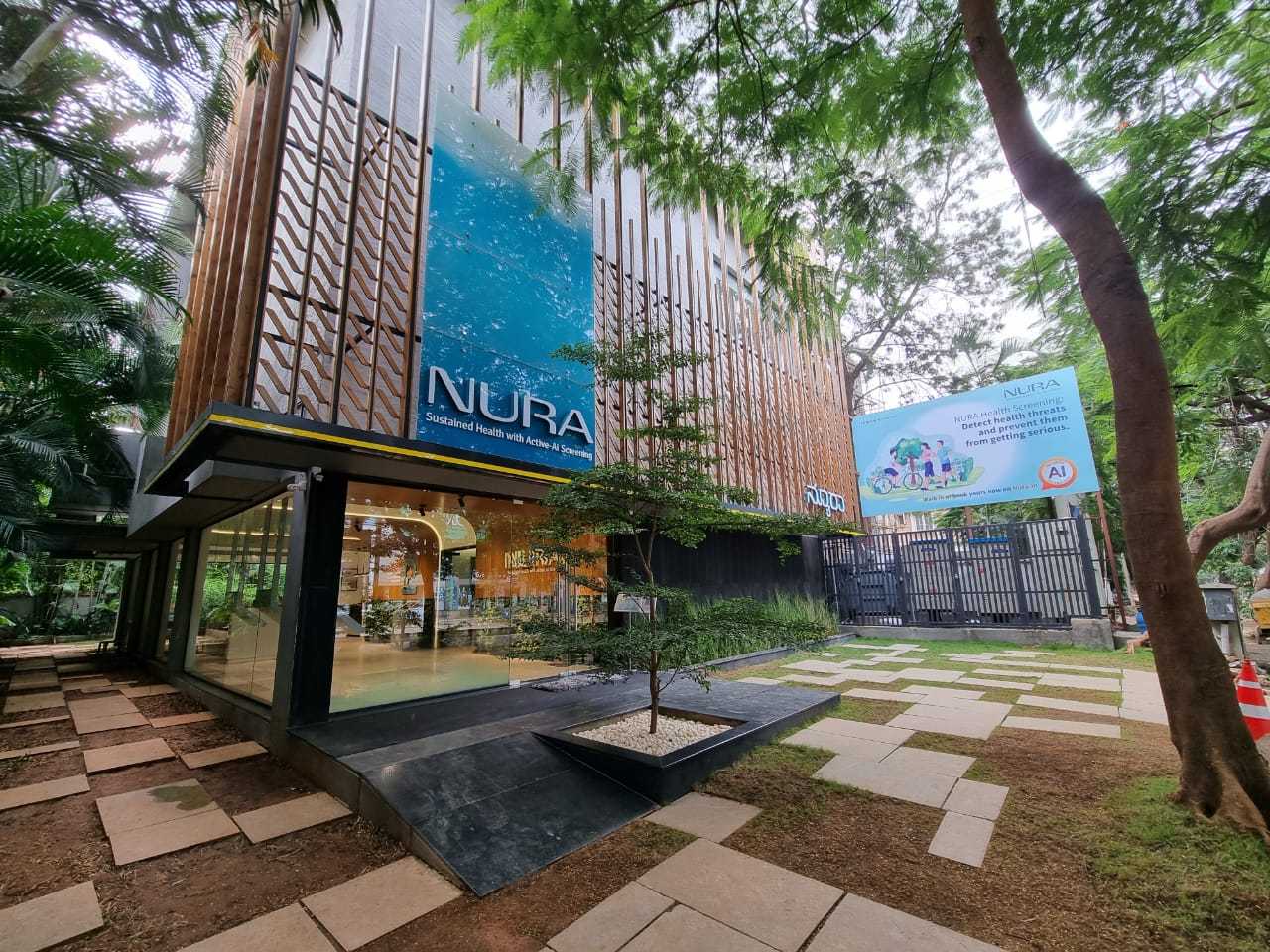Brain Stroke: Risk, Management & Prevention
Brain Stroke is the equivalent of a heart attack for the brain. Timely management is of essence when dealing with stroke, hence understanding the ailment is the first step in the right direction. Dr. Pardasani decodes stroke for us in an easy to understand language.
Shitij Singh, a perfectly healthy man, experienced severe headache, accompanied by vomiting and dizziness suddenly one night two years ago. An emergency visit to the hospital diagnosed his condition as a case of brain stroke. Immediate treatment and many therapies later Shitij is on a slow yet steady path to recovery. But the path hasn’t been easy for him or his family. It has been tiresome and gruelling, needing a lot of patience and determination.
Stroke can happen to anyone of any age. Timely action is critical to avoid any lifelong impairment hence it becomes imperative to understand the signs so that one is better equipped to handle it. Dr. Vibhor Pardasani, Neurologist, Bombay Hospital, Mumbai decodes it for us in easy to understand language.
Stroke Defined
In simple words, Stroke is caused by interruption of blood flow to the brain, causing sudden damage to the brain cells due to deprivation of oxygen and nutrients. Depending on which area of the brain gets affected by this pathologic process, patients may develop various neurological deficits.
Similar interruption in the blood vessel of the heart is called HEART ATTACK. So a stroke can also be understood as a BRAIN ATTACK.
Types of Stroke
A stroke may be caused by a blocked artery (Ischemic stroke) or at times by the bursting of a blood vessel to the brain (Hemorrhagic stroke). Some people may experience only a temporary disruption of blood flow to their brain which gets spontaneously and completely restored in minutes without causing any permanent problem. This is called Transient Ischemic Attack, or TIA.
About 85 percent of strokes are ischemic strokes. These occur when the arteries carrying blood to the brain become narrowed or blocked by a clot causing severe reduction in blood flow to the brain. A clot may be caused by fatty deposits that build up in arteries due to long standing diabetes, high cholesterol or blood pressure, smoking and other factors. At times, a blood clot or other debris formed in the heart is swept through the bloodstream to lodge in narrower brain arteries. This type of blood clot is called an embolus and can cause similar symptoms as described earlier.
Hemorrhagic stroke occurs when a blood vessel in the brain leaks or ruptures. Brain haemorrhages can result from uncontrolled high blood pressure (hypertension) or at times from weak spots in blood vessel walls (aneurysms). Brain cells beyond the leak get deprived of blood and get damaged.
Identifying Stroke
If someone is having these signs and symptoms, he/she might be having a stroke:
- Trouble with speaking (or slurring) and/or difficulty understanding others’ speech
- Paralysis or numbness of the face, arm or leg.
- Sudden difficulty seeing with one or both eyes.
- Sudden severe headache with vomiting, dizziness or altered consciousness
- Sudden dizziness, loss of balance or loss of coordination
You should seek immediate medical attention if you notice any signs or symptoms of a stroke, even if they seem to fluctuate or disappear. Current medical technology can at times completely reverse the effects of stroke in minutes in some patients if treatment is sought early enough.
Risk Factors causing Stroke
Strokes are caused by a multi factorial biological process. Risk factors for stroke include:
- Being overweight or obese
- Physical inactivity
- Use of illicit drugs such as cocaine
- High blood pressure
- Cigarette smoking
- High cholesterol
- Diabetes
- Obstructive sleep apnea
- Cardiovascular disease, including heart failure, heart defects, heart infection or abnormal heart rhythm.
- Family history of stroke or heart attack
Diagnosing Stroke
The hallmark of a stroke is the sudden onset of symptoms like a “bolt from the blue”. Whether it is an ischemic stroke or a brain haemorrhage it is confirmed by a CT scan which then determines further treatment.
Managing the ailment
 Improperly managed brain attack can lead to death or lifelong disability hence a sense of urgency is a must when faced with one.
Improperly managed brain attack can lead to death or lifelong disability hence a sense of urgency is a must when faced with one.
In case of an ischemic stroke the first 3-4 hours are very critical. Once the CT scan shows the cause of symptoms to be ischemic and if the patient has reached the health facility within 3 hours of the onset of symptoms, the patient becomes eligible for thrombolysis which is an intra venous treatment to bust the offending clot. However it works only if administered within 4 hours or so of the onset of symptoms. Beyond that it can cause brain haemorrhage.
Once the 4 hours window period is over, the management of stroke rests on rehabilitation and prevention of further strokes. At times, large ischemic strokes can cause the pressure in the cranium to rise uncontrollably and may become life threatening. Such situations may merit surgery to release the pressure as a life saving measure.
Management of hemorrhagic stroke largely depends on the size of the haemorrhage. If large, immediate surgical evacuation of the blood is recommended in most situations. Small haemorrhages are conservatively managed. Immediate BP control is the key to limit further bleeding.
Prevention of Stroke
Recovery from stroke can be a long process and is highly dependent on therapies and rehabilitation. The key to management is to prevent stroke by risk factor control. This can be achieved by ensuring proper control of blood pressure, blood glucose and cholesterol; avoidance of smoking; regular physical exercise; adequate sleep; and minimisation of stress.
Prevention is better than cure this old adage is truer for stroke than any other medical illness. So take care of yourself, take care of your health.
Nidhi Chawla provided inputs for this feature
Comments
You may like to read:

Health and wellness
Five Lifestyle Changes To Ease Bladder Control

jessica smith
5 mins read

Health and wellness
Five things to keep in mind when considering organ donation

sunayana singh, ceo of organ india, an initiative of the parashar foundation
3 mins read

Health and wellness
How NURA Uses AI-Enabled Screening to make a difference in Preventive Healthcare

Silver Talkies
4 mins read

Post a comment